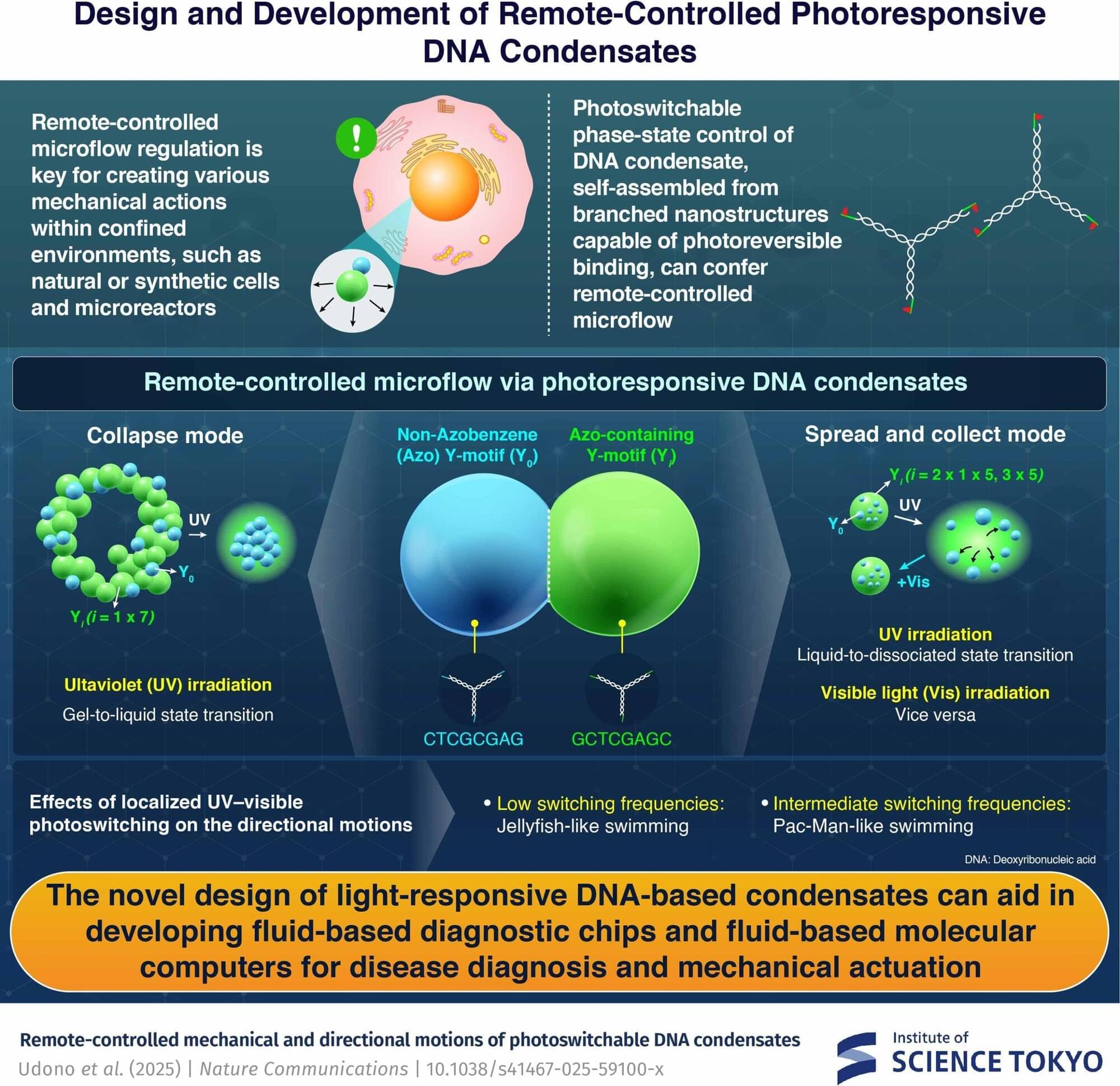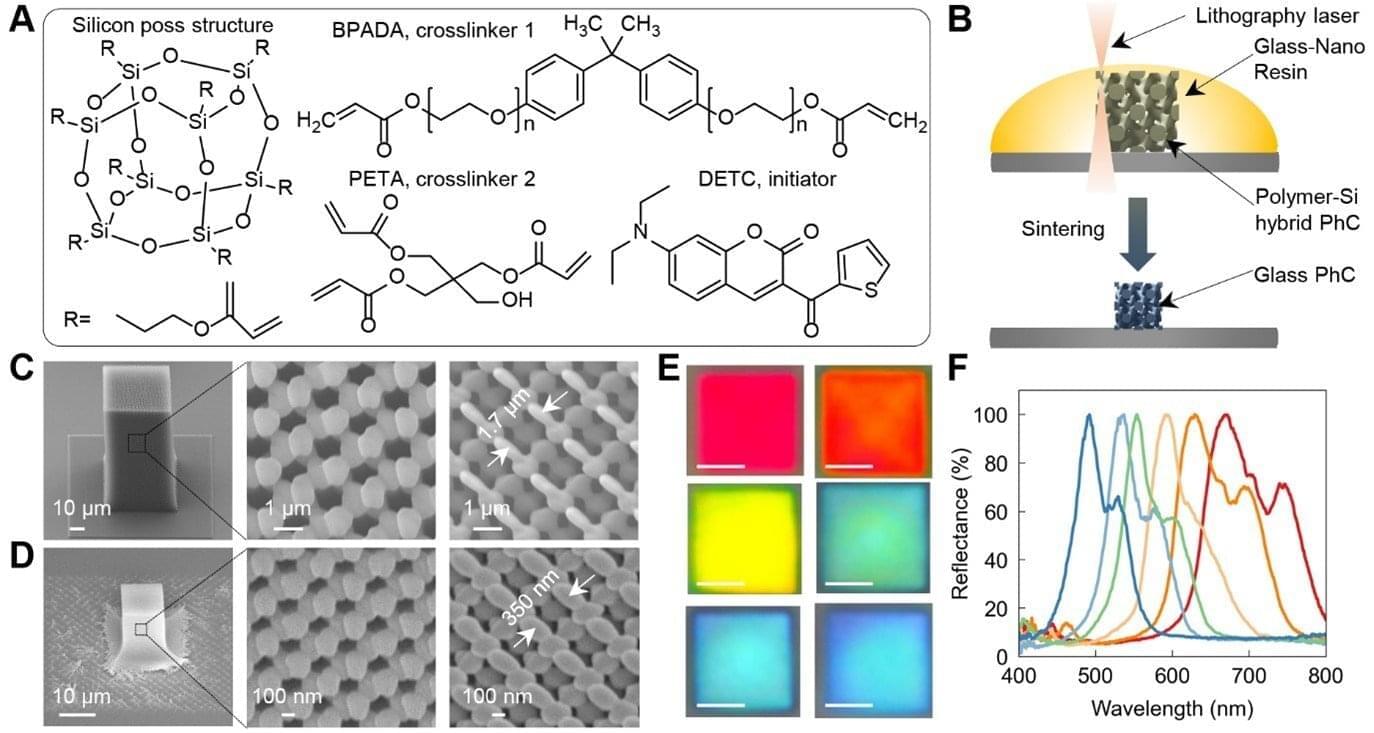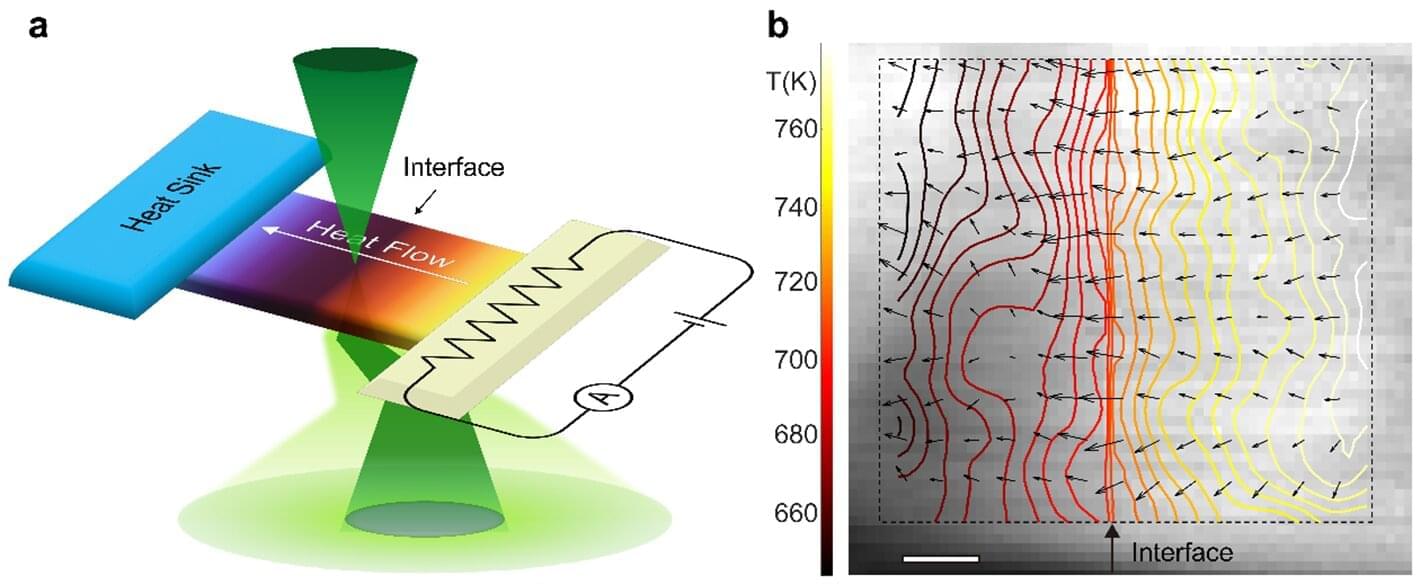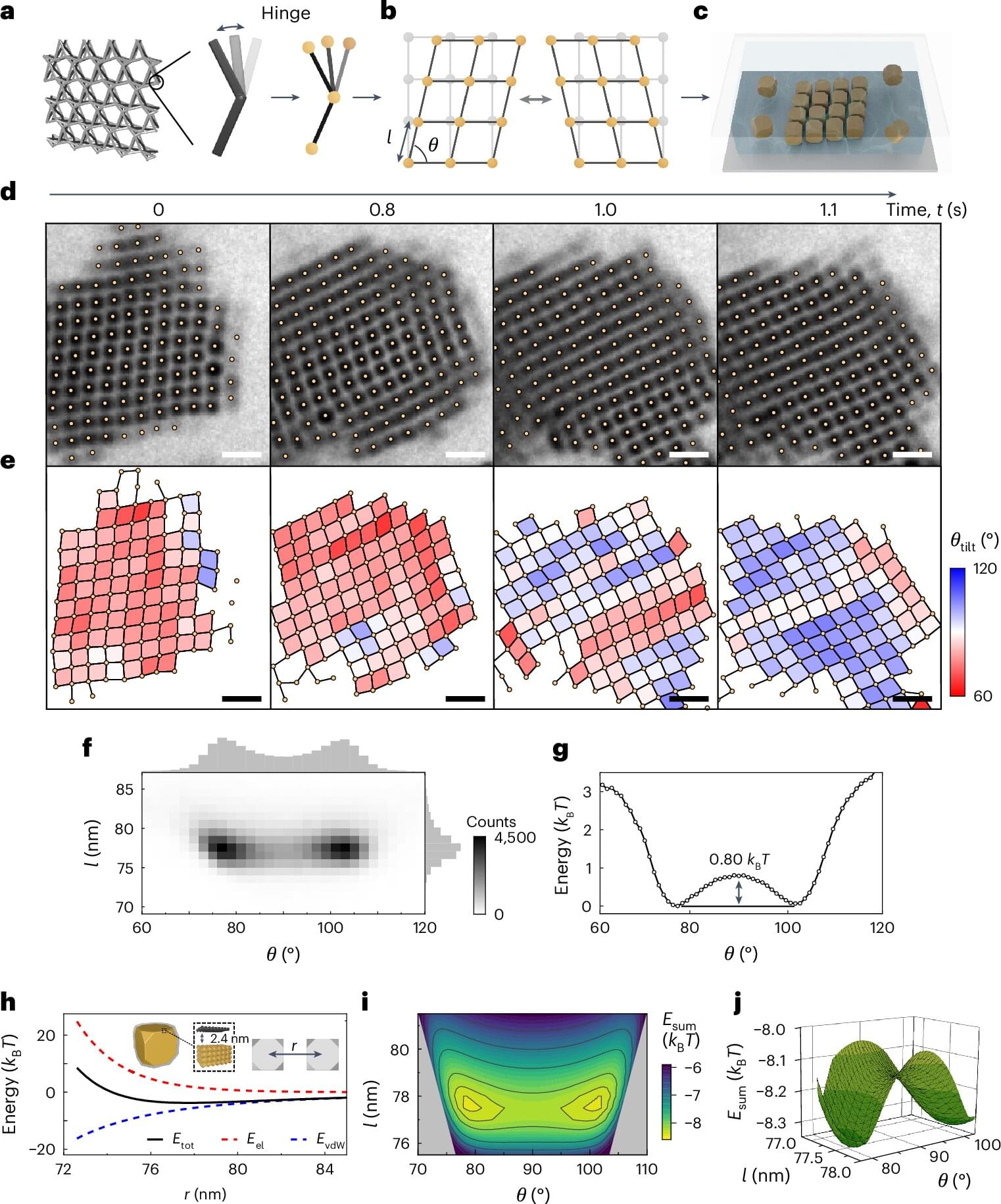Remote-controlled microflow using light-controlled state transitions within DNA condensates has been reported by scientists from the Institute of Science Tokyo, Japan. By switching between ultraviolet light (UV) and visible light irradiation, the researchers demonstrated that the novel DNA motifs containing azobenzene can dissociate or reassemble. Furthermore, localized photo-switching within a DNA liquid condensate generated two distinct directional motions. This study can fuel the development of innovative fluid-based diagnostic chips and molecular computers.
Advancements in micro-and nano-scale fabrication technologies have given rise to diverse micrometer-sized entities such as microgels and liposomes, which are widely utilized in therapeutic formulations and microfluidic sensors. The precise control of the structure and function permits the adoption of micro-scale objects in various applications. However, the remote controllability of miniaturized fluidic objects has not yet been realized.
A recent study by scientists from the Institute of Science Tokyo (Science Tokyo), Japan, represents a significant step toward the development of remotely controllable microfluidic objects that are capable of performing mechanical actions. The research team comprised Professor Masahiro Takinoue and Specially Appointed Assistant Professor Hirotake Udono, both from the Department of Computer Science, along with Associate Professor Shin-ichiro M. Nomura from the Department of Robotics, Graduate School of Engineering, Tohoku University. Their research findings were published online in Nature Communications on May 14, 2025.







